A jackpot justice system has caused nuclear verdicts against trucking companies to escalate.
In fact, nuclear verdicts—those verdicts over $10 million—against trucking companies have skyrocketed 967% in the last 15 years, according to research from the American Transportation Research Institute.
“That is pretty frightening. These verdicts outpace increases in health care costs and inflation,” said Paul Enos, CEO of the Nevada Trucking Association during the PrePass webinar “Rebalancing the Scales of Justice with Tactical Training in Trucking Litigation Defense.” Enos was joined by Dr. Bill Kanasky, Jr., senior vice president of litigation psychology, Courtroom Sciences Inc.
Jury awards have skyrocketed too, he said. A $1 billion verdict against a Florida trucking company after an accident set a new bar for these verdicts.
Also, nuclear verdicts affect small trucking companies more than larger ones. A fleet with less than five power units pays three times the amount of insurance as a trucking company with over 1,000 power units, with the first fleet paying $0.165 per mile in insurance premiums versus $0.048 for the latter.
According to Enos, when nuclear verdicts strike:
- Insurance rates rise to offset litigation costs,
- Motor carriers increase their prices to offset higher insurance costs, and
- Higher transportation costs increase consumer prices.
“These are verdicts the trucking industry can no longer sustain,” Enos said.
Know the Why
According to Dr. Kanasky of Courtroom Sciences, plaintiff attorneys put their focus on two strategies.
First, they try to trap witnesses at deposition. They videotape all depositions and employ “reptile theory” to trip up witnesses on camera. Reptile theory is a legal strategy that encourages jurors to perceive a defendant’s alleged conduct as a threat to their own personal safety and the safety of their families and community, versus the facts.
They also use mock trials to see how a jury might settle their case. “They do them often and they do them early,” he said. “Plaintiff attorneys get paid when they sell or win cases. They need to do their homework up front before deciding which cases to invest in.”
Once they move through these steps, Kanasky said “Their demands will be excessive. There is no reason to be reasonable when they hold all the cards. They have the testimony and have done the research. They know they have a winner.”
Know the Reasons
The next step toward successfully battling nuclear verdicts is to know the relevant factors that lead to them, according to Kanasky.
- Problem witnesses: If defense witnesses perform poorly, they will get in the way. “We have total control over that,” Kanasky said. “The problem is a lack of advance preparation before depositions. If witnesses are not adequately trained, they do not stand a chance.”
- Egregious conduct: In trucking, egregious conduct can include things like driver fatigue, driver intoxication, falsifying driver logs, a terrible training or hiring process, and cutting corners. Too often fleets think a “safety first” motto protects them against these attacks. Kanasky asserted they are wrong. Reptile attacks focus on safety, he explained. “So many in trucking proclaim safety is their top priority,” he said. “This idealistic safety language gets them into trouble. Safety is important, but there are better ways to talk about safety in the workplace and in depositions.”
- Punitive jurors: Cynical and resentful jurors end up on juries because they were not struck in the selection process. Without a lack of scientific approach to jury selection and advance preparation, defense attorneys make mistakes in jury selection. “If you have a bad jury, you’re going to get nailed,” he said. “Jury research shows you the type of people who will be in favor of guilty verdicts and high damages.”
- Judicial hellholes: These are places where judges heavily favor plaintiffs. Some examples include New Orleans, Chicago, Philadelphia, Las Vegas, St. Louis, Los Angeles, Memphis, Miami, and others. “You need to consider if you want to go to war in these venues. They are very tough,” he said.
- Plaintiff attorney aggressiveness versus defense attorney conservatism: Plaintiff attorneys employ aggressive questioning at deposition, requiring witnesses to be bulletproof. They call defense witnesses early at trial to sway the jury. They push ethical limits at trial, and they employ reptile tactics. “It’s an unfair fight,” he said.
Know How to React
There are strategies fleets can implement to address these plaintiff attorney tactics. Kanasky broke them out.
- Discovery phase: Start by developing a crisis response plan, engage in pre-deposition training of key witnesses, and conduct jury research, including focus groups and mock trials.
- Crisis response phase: Activate a crisis plan and form a rapid response team. Determine media response and how to communicate with stakeholders after an event. “You need to get proactive in your response to a critical event,” he said.
- Immediate post-incident meetings: Gather relevant personnel to debrief and communicate an action plan. Loop in counsel inside the company and third-party counsel immediately and communicate often. “Ensure that all involved know who does what and what happens next, and maintain constant communication,” Kanasky said.
- Pre-deposition training: Deposition sets the stage for settlement and trial strategy. Emotional, cognitive, and behavior issues drive poor deposition performance. “Neurocognitive training prior to deposition is essential,” he said.
- Jury research: Investing in research and preparation costs far less than the exposure and damages a company can incur without it. Conduct exploratory research through litigation risk assessment and focus groups, and confirmatory research in mock trials. “Knowledge is power. Knowledge is money,” Kanasky said. “How you handle that case can depend on this research.”
Master the Mongoose Method
Enter the “Mongoose Method,” a term coined by Enos, aiming to counter aggressive plaintiff tactics and crush reptile attacks through the above strategy.
“The Mongoose Method will expose the tools and tactics the trial bar uses to go after you,” he said.
The term draws from the animal kingdom where only the mongoose can take on the cobra snake, a reptile. This legal strategy helps attorneys “exploit the reptile theory,” Enos said.
The Mongoose Method aims to rebalance the scales of justice through tactical training in litigation defense. It makes sure that before an accident happens:
- Defense attorneys have tools to defeat reptile attacks
- Trucking companies receive pre-litigation training to identify traps and trends
- Direct case consultation is available to change outcomes
The outcome of these efforts will rebalance the scales of justice, Enos said.
“We are not trying to avoid accountability with any of these things,” Enos concluded. “Trucking companies want to take responsibility if they are at fault. But we want to make sure the verdict is fair. We don’t want to fall back on the jackpot justice system that has negative ramifications on trucking, the economy, and society.”
This is article was originally published by PrePass®

